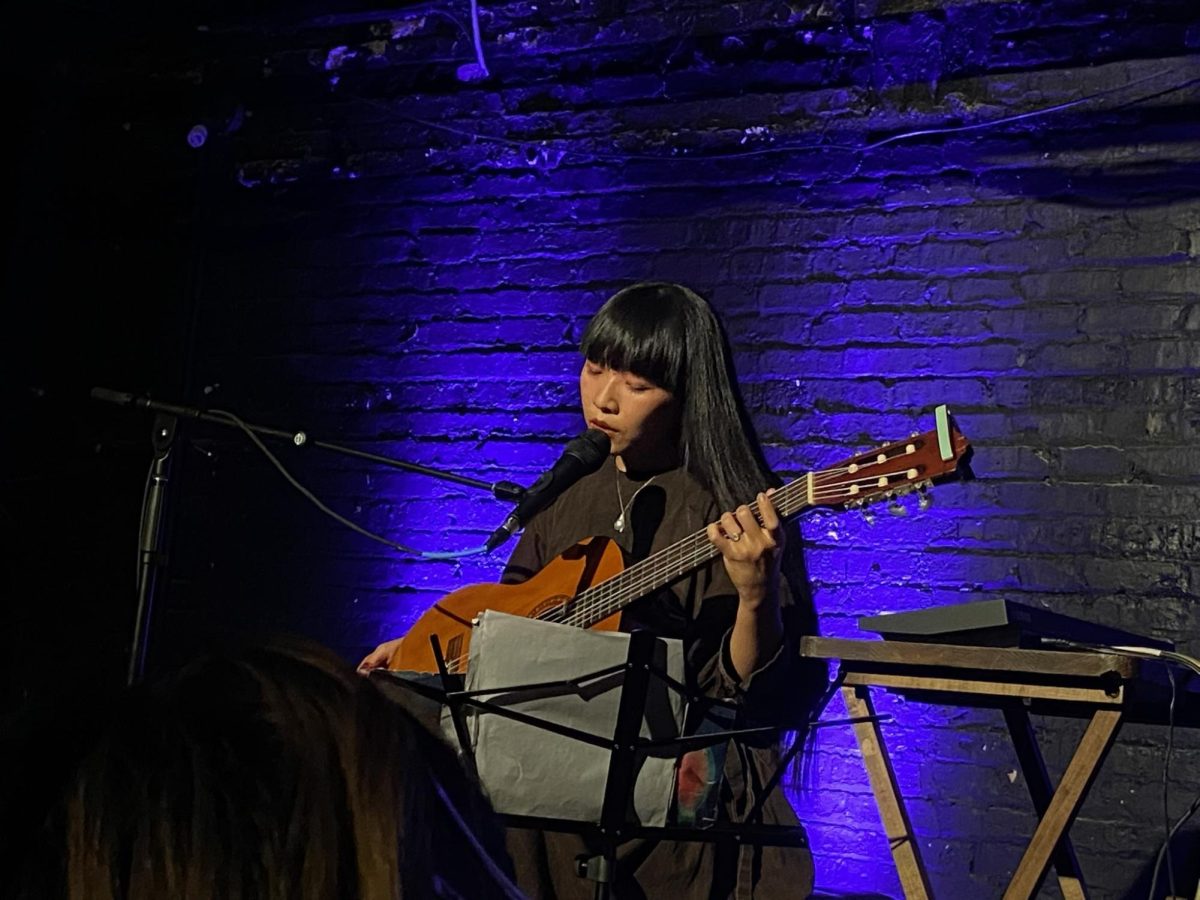I would seamlessly submerge myself into an alternate world when I put on my headphones. A world where I was soothed to embrace the challenges of my life. Music became my sanctuary; it was the spark that encouraged me at my lowest throughout the day. Music became a coping mechanism for the blend of emotions I couldn’t express in singular words.
During my junior year, I faced numerous personal and academic challenges that took a toll on my mental health. Despite these difficulties, my solace came from consistently immersing myself in my comfort music, which reflected my emotions. Discovering that a song’s rhythm, beat, tempo, and lyrics could serve as a comforting presence during my most stressful moments was uplifting.
Research, notably by scholar and professor in psychology Dave Miranda in 2019, illuminates the profound role music plays in the lives of young adults. Music is not merely a backdrop to young adults’ experiences, but a dynamic coping mechanism, offering emotional comfort and aiding psychological well-being.
For many young adults, such as myself, music is not just a form of entertainment but a lifeline during challenging times. Victor Diaz (12) agreed and shared how his music influences his emotions.
“Music actually impacts my emotions because I listen to music all the time, so it’s good [to have] a song for the actual emotion I am experiencing,” he said. “I know some people actually change what they are listening to [based on] how they are feeling, which I do myself. If I am feeling sad, I will change my music to an artist or a song at a slower tempo,” Diaz said.
Like Diaz, when trying to deal with hardships through music, I seek artists whose beats and rhythm can capture my emotions and enhance what I feel.
Furthermore, when a song’s instrumentals and lyrics resonate with me in unison, the music begins to sync with the rhythm of my heartbeat perfectly. It replicates the warmth of a wholehearted hug or the drifting feeling of ease you feel before falling asleep.
Reflecting these emotions onto personal experiences, Jorge Hernandez (11) said he finds personal connections to songs when he discovers that their lyrics or messages coincidentally mirror events and emotions he has experienced.
Diaz shared a similar opinion on lyrics coinciding with his personal experiences.
“A song that helped me through a specific situation was the song ‘Across the Pond Friend’ by Black Country, New Road,” he said, “That song, to me, is connected to that one person I had a fallout with because the lyrics are so specific to the same situation I was in. It felt like that song was made for me, even though it wasn’t,” Diaz said.
Some say music is just entertainment for young adults, downplaying its crucial role as a coping mechanism. However, this overlooks the deep emotional bonds people build with their favorite songs.
I rely on music not just on bad days, but also during good ones; it amplifies my emotions and helps me navigate the highs and lows of my youth.
In summary, music holds a profound role in the lives of young adults, going beyond entertainment to become a vital coping mechanism. The emotional bonds formed with favorite songs reveal their significant impact. While some may perceive it solely as entertainment, music’s broader influence guides us through the complexities of youth and shapes our experiences.


